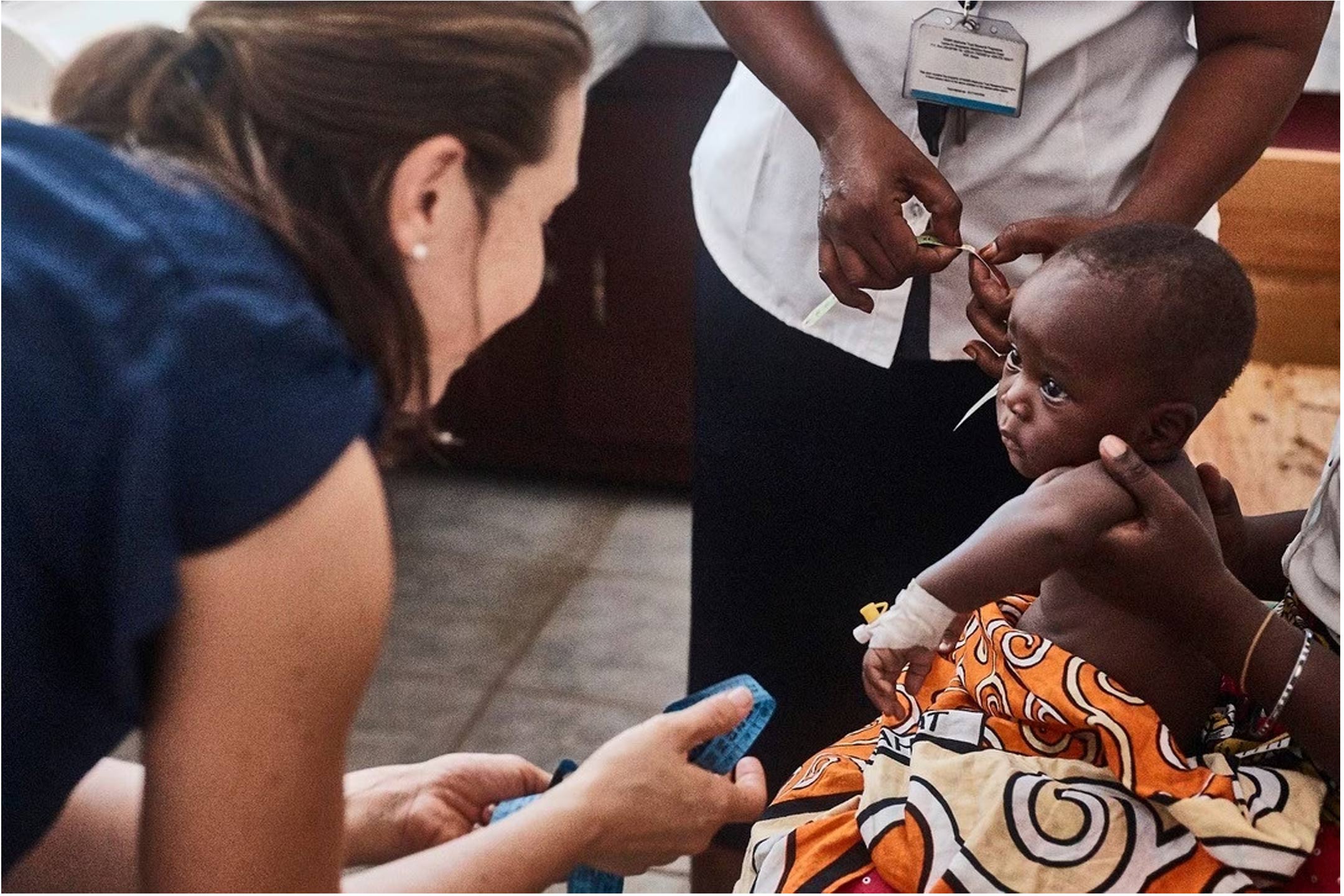
04 Nov Urgent Action Needed: Antibiotic Resistance Threatens Children’s Health
Antibiotics for common childhood infections is no longer effective and antibiotic resistance is threatening children’s health
In a recent study led by the University of Sydney, alarming rates of bacterial resistance to common antibiotics for children and babies have been discovered in the Asia-Pacific region. The effectiveness of many World Health Organization (WHO)-recommended antibiotics for childhood infections, including pneumonia, sepsis, and meningitis, has plummeted to less than 50 percent in large parts of the world.
Regions Most Affected
The most severely affected regions are in South-East Asia and the Pacific, leading to thousands of unnecessary deaths in children annually. The WHO has declared antimicrobial resistance (AMR) as a top 10 global public health threat, emphasizing the urgent need for updated global guidelines.
Dr. Phoebe Williams, lead author of the study and infectious disease specialist, warns that we are not immune to this crisis, stating, “The burden of antimicrobial resistance is on our doorstep.” The research highlights a critical need for new solutions to combat multidrug-resistant infections and prevent the needless deaths of thousands of children each year.
About The Study
The study, published in Lancet Regional Health, specifically points out the ineffectiveness of antibiotics like ceftriaxone in treating sepsis and meningitis in one of three cases in newborns. Ceftriaxone, widely used in Australia for various infections in children, such as pneumonia and urinary tract infections. Another antibiotic, gentamicin, was found likely to be effective in treating fewer than half of all childhood sepsis and meningitis cases.
As a wake-up call for the world, the study analysed bacterial isolates from 11 countries, revealing a concerning trend of antibiotic resistance in childhood infections. Dr. Williams advocates for prioritizing funding to explore new antibiotic treatments, including investigating an old antibiotic, fosfomycin, as a potential solution.
“Antibiotic resistance is rising more rapidly than we realise. We urgently need new solutions to stop invasive multidrug-resistant infections and the needless deaths of thousands of children each year,” said Dr Williams.
The study concludes that the availability of effective antibiotics for serious childhood infections is a critical issue. Dr. Paul Turner, the senior author, stresses the ongoing need for high-quality laboratory data to monitor the AMR situation and make timely changes to treatment guidelines.
In essence, the report urges global health organizations to recognize the severity of the situation, update outdated guidelines, and prioritize research and funding for new antibiotic treatments to safeguard the health and lives of children worldwide.
Main Image: Dr Phoebe Williams is an Infectious disease specialist working to reduce antimicrobial resistance. In the photo she is working in Kenya.
Credit: Hamish Gregory

